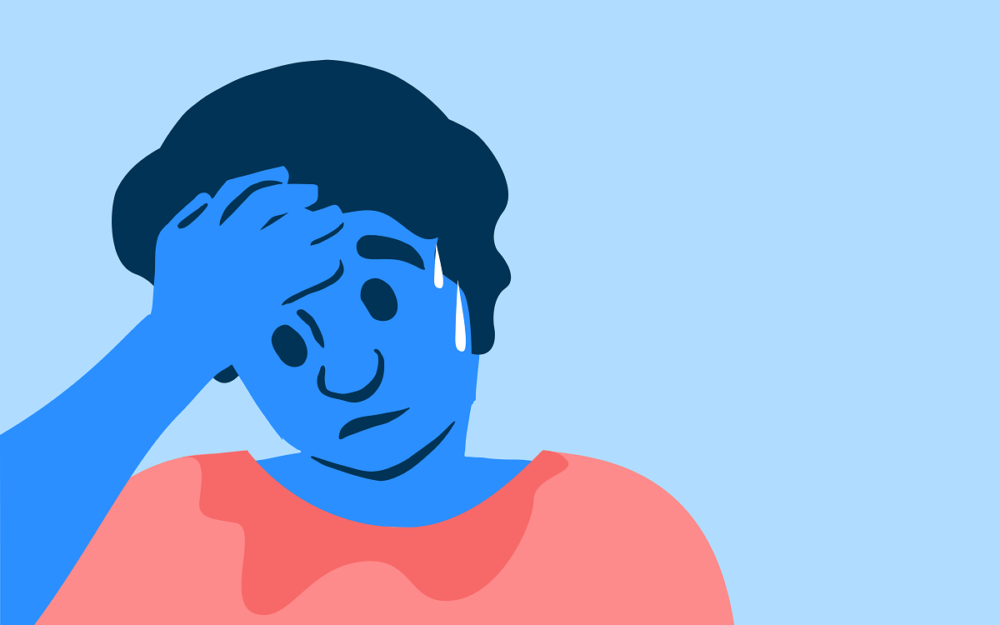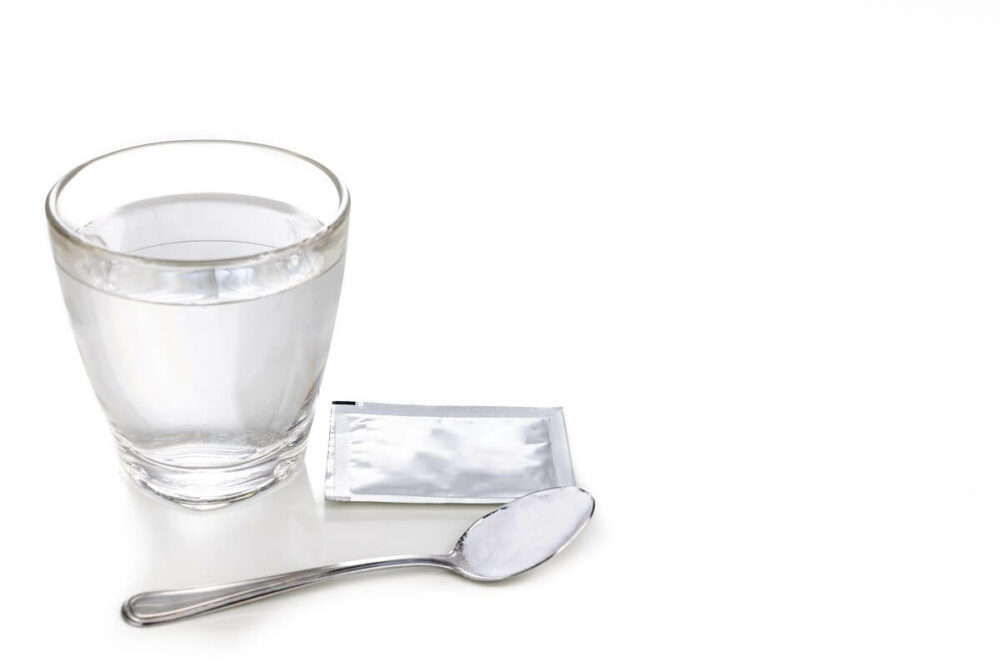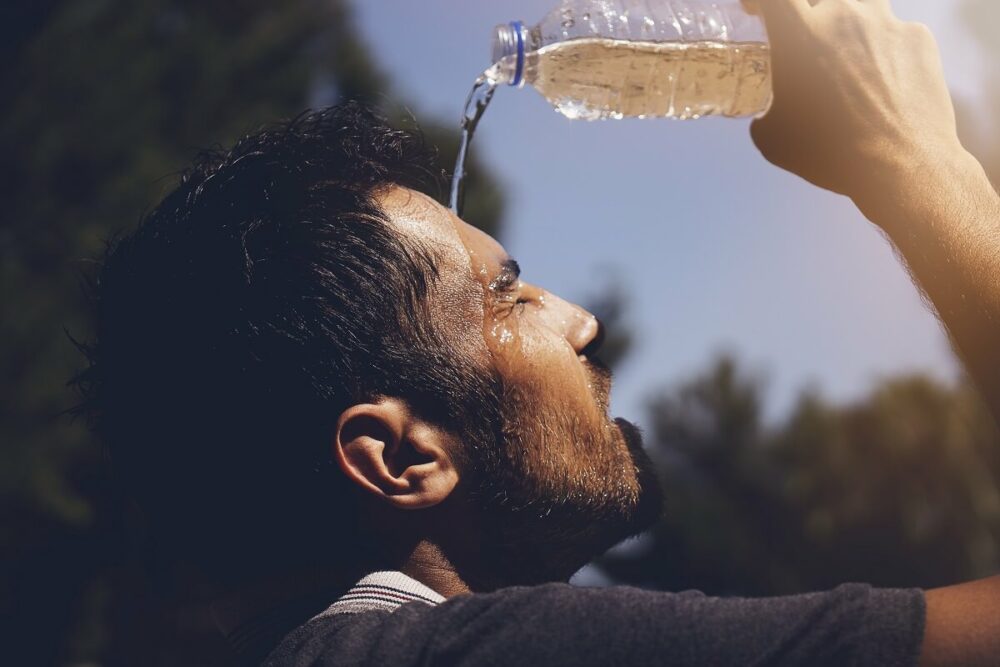Dehydration occurs when you lose more water and fluids than the solids you take in. You lose water and fluids through urinating and sweating.
Dehydration can also be caused by diarrhea and vomiting, as they quickly remove fluids from your body.
This is why it’s important to drink plenty of water even when going out for runs or especially when you’re sick. There are a few signs of dehydration you can look out for to let you know if you’re dehydrated. Dehydration can occur in many forms, and sometimes, its symptoms may be confused with the symptoms of other illnesses such as fever, nausea, and flu.

Here are some of the main symptoms and what you can do to treat them.
Symptoms Of Dehydration
Symptoms of dehydration can range from mild to very severe. Many people go to their doctor when they feel an episode coming up, but most people don’t know what symptoms to look out for. The most common symptoms of dehydration are headache, nausea, fatigue, and thirst.
While there are a few types of dehydration symptoms, most cases are fairly mild or moderate. Other dehydration symptoms include abdominal pain, cramps, confusion, fever, chills, and sweating. These are the more common symptoms that may be mistaken for other illnesses.
Dehydration may also cause problems in the brain. When you experience dehydration, you may increase your chances of getting kidney stones, kidney failure, kidney infection, and even high blood pressure. If left untreated, dehydration can even lead to death.
If you are experiencing fatigue, dryness of the mouth, increased thirst, decreased urination, dry skin, constipation, dizziness, lightheadedness, or a combination of the mentioned, then you are dehydrated. These are symptoms of mild to moderate dehydration. This means you lack fluids in your body. So, it’s recommended to drink plenty of fluids to help treat and eliminate these symptoms of dehydration.
How to Treat Dehydration
Dehydration is a serious health problem that may occur without warning; it can happen quickly and exacerbate if you do not take any steps to prevent it. In case of feeling the symptoms of dehydration, there are several methods that you can do to manage this condition:
1. Oral Rehydration Salts
Oral rehydration salts, like the ones found in dripdrop.com, are used to treat mild to moderate dehydration. They are used to treat dehydration not only by replacing the water you’ve lost from it, but also by replacing the electrolytes and carbohydrates you lose when urinating, sweating, or when experiencing other symptoms of dehydration such as diarrhea. These electrolytes and carbohydrates are vital in maintaining body function and thus need to be replenished when dehydrated.

Most health food stores and pharmacies have oral rehydration treatments readily purchasable and for immediate use. They also come in a wide array of flavors, such as lemon, spice apple cider, orange, grape, hibiscus, honey lemon, and watermelon.
If you do not have the time to go to a food store or pharmacy to buy oral rehydration treatments, you can make one for yourself at home by mixing sugar and salt with clean drinking water. Sugar will help replenish the carbohydrates you lose when dehydrated, while salt replenishes electrolytes. The ideal ratio of sugar and salt to water is six teaspoons of sugar and half a teaspoon of salt mixed together in one liter of drinking water.
2. Drink Sports Drinks That Are Rich In Electrolytes
Most sports drinks contain a variety of vitamins, minerals, carbohydrates, and electrolytes, all of which help your body function better. When you buy a sports drink, you’ll often find that they contain a specific amount of electrolytes, sugar, salts, and minerals. Sports drinks are formulated to be easily absorbed by the body. Sports drinks are also designed to replenish the fluids, electrolytes, and carbohydrates that athletes lose when performing their activities, making sports drinks a good treatment for moderate dehydration.
Remember, don’t buy sports drinks just because they claim to have all of the vitamins and minerals your body needs. Look at the list of ingredients on the back of the bottle and make sure that the sports drink contains the essential vitamins and minerals that will help with dehydration. If it doesn’t, don’t waste your money or time on it. Sports drinks with high sugar content is a big no when trying to manage dehydration. Drinks with high sugar content such as sodas and artificial fruit drinks can reduce the number of fluids your body is trying to retain when dehydrated.

Also, don’t drink coffee or any drinks that will make you urinate more often, as this will cause you to be more dehydrated.
3. Drink Plenty of Water
Drinking water is another treatment for dehydration. It’s often referred to as water therapy. People often think that when they are dehydrated, they should drink plenty of fluids. This is correct, but it also means you should drink the right type of fluids and not fluids that will further dehydrate you, like alcohol, concentrated fruit juices, and carbonated drinks.
One of the best fluids you can take when you’re dehydrated is water. Dehydration is the lack of fluids such as water in the body. So, it only makes sense to drink water to treat dehydration. You’re simply replacing the missing water you’ve lost in your body. Water is also easier for the body to absorb unlike alcohol, fruit juices, and carbonated drinks. This makes drinking water the most effective method of treating dehydration.
Final Thoughts
Hydrating your body is essential in maintaining bodily functions and building muscle. When you start to notice any of the symptoms of dehydration, you should take immediate action to prevent them from getting worse as well as the need to be treated in a hospital. So, remember to at least drink at least 2.7 liters to 3.7 liters of water every day to stay properly hydrated.
Most symptoms of dehydration can be treated with fluids. You can make your own oral rehydration treatment by mixing sugar and salt with water or order oral rehydration salts from food stores or pharmacies.
Remember, the best way to treat the symptoms of dehydration is by drinking plenty of water.

